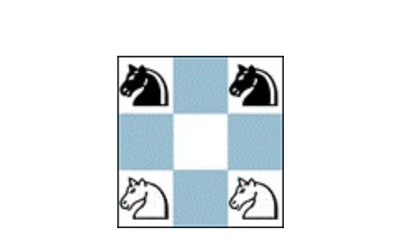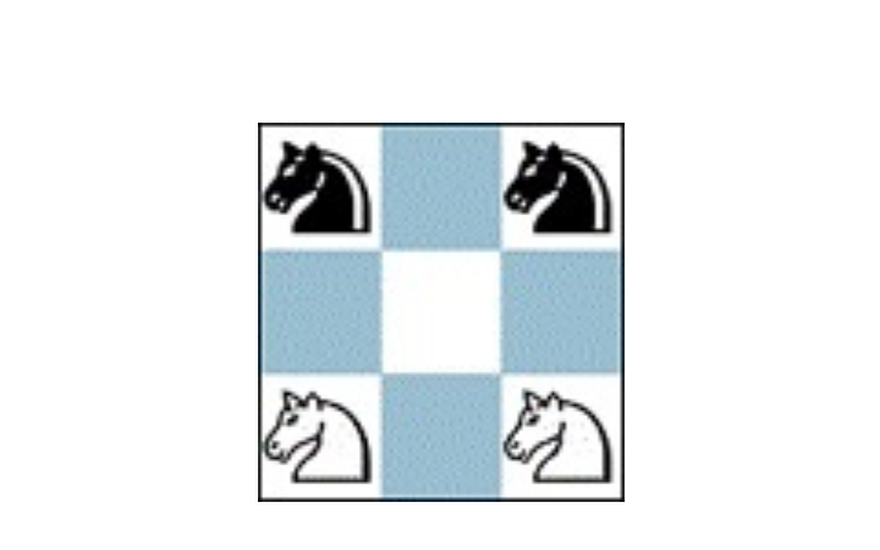
jomega studies
My Non Course Lichess Studies
An introductionContinued from
jomega's Blog • My Chess Courses Implemented With Lichess Studies • lichess.org
I have a number of Lichess studies that I have not folded into my course studies. Some of them may never be folded in. Nevertheless, I think you will find some of them interesting. Below is an introduction to some of these studies.
At the end of this post there is a link to the study that has all the links to all my studies. The links to the studies discussed below are there. You can also click on the headings below.
Elometer
The elometer website attempts to calculate your chess rating by having you solve 76 problems. When you are done, it gives you an "estimated Elo rating", with a confidence interval, and a probability graph. You only enter one move per problem! The solutions are not given. My idea is that you should go take the test on the website, keeping track of problem numbers and your answers, and then use my studies on the elometer to see the answers or investigate the positions. This will keep you from having to capture and enter the problems yourself. Of course I've put what I think the answers are. I've presented the 76 problems as Lichess interactive lessons in two studies.
Visualization
Visualization in chess has several meanings. The studies I have written are meant to help improve calculation visualization, reading visualization, and blindfold chess visualization. Some of these studies are referenced from my courses.
Books of Games
These are studies I've made that contain the games from famous books. The games are stripped of all annotations! Buy the books you have an interest in! You can compare your annotations, your ideas, your variations, with the ones in the book. You can make clones of these studies in which to put your annotations. This is done by clicking the "Share & export" icon (2nd from the right under the chessboard) and clicking the clone button.
Annotated Games
This study is an index of the games I've annotated for my various chess courses on Lichess.
Chess and Computers I
This study is an exploration of computer chess using David Levy's 1976 book Chess and Computers and various resources on the Internet.
FIDE Rules and Lichess
Lichess attempts to follow the FIDE rules when they can. This causes confusion for the uninitiated. Hence, this study looks at some of the ramifications.
An External Representation for Tactical Patterns
In this study I discuss the use of an external representation (ER) for tactical patterns. I currently am modeling tactical patterns in the mind as a template, and I call such templates the Attack/Defense Network (ADN). The idea is to use the ER to help learn tactical patterns. It may also be possible to use the ER to solve tactical problems not yet internalized.
Lichess Analysis Issue and Request
This study illustrates an issue with Lichess analysis and using it to do blunder checking. The way it is currently coded, Lichess analysis does not mark all blunders.
Lichess puzzles not trying hard. A general problem with chess engines
This study is about an issue with the Lichess puzzles caused by an issue with chess engines. When a human sees they are losing badly, they do not always chose the move that makes the score slightly better, though still very much against him. Instead they may choose the move that gives his opponent the hardest time finding the best line! When the Lichess puzzles do not make it hard for you to find the best line, but instead give you a trivial line to find, you get the impression you solved the position, when in fact you only solved it from a very narrow definition of "solved". There are many such Lichess puzzles, and many of them produce the same variation each time. So unless you look at the alternatives yourself, you don't know what you missed.
End of this series
I hope you have enjoyed these blogs on my Lichess studies. I will continue to blog about other chess topics soon!
Table of Contents for all my studies
I have written many Lichess studies. All my studies are cross linked. Here is a table of contents for all my studies.
Jomega Studies Table of Contents (lichess.org)
I hope you enjoy this blog series. Likes are really appreciated.
More blog posts by jomega
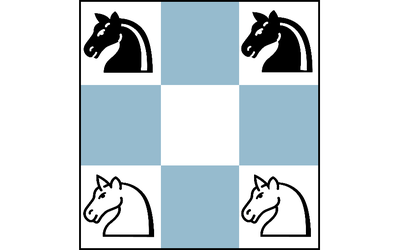
Chess Structures At A Glance
Chess Structures based on the book Chess Structures: A Grandmaster Guide by Mauricio Flores Rios, an…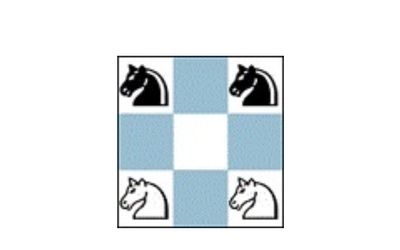
An Index for All My Studies
Jomega study index.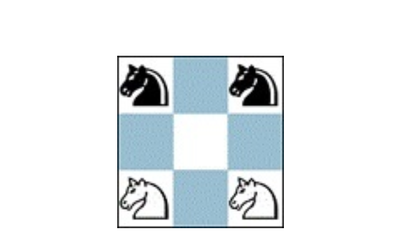
The unintended consequences of rule changes.
Capturing the intent of rule changes is not easy.